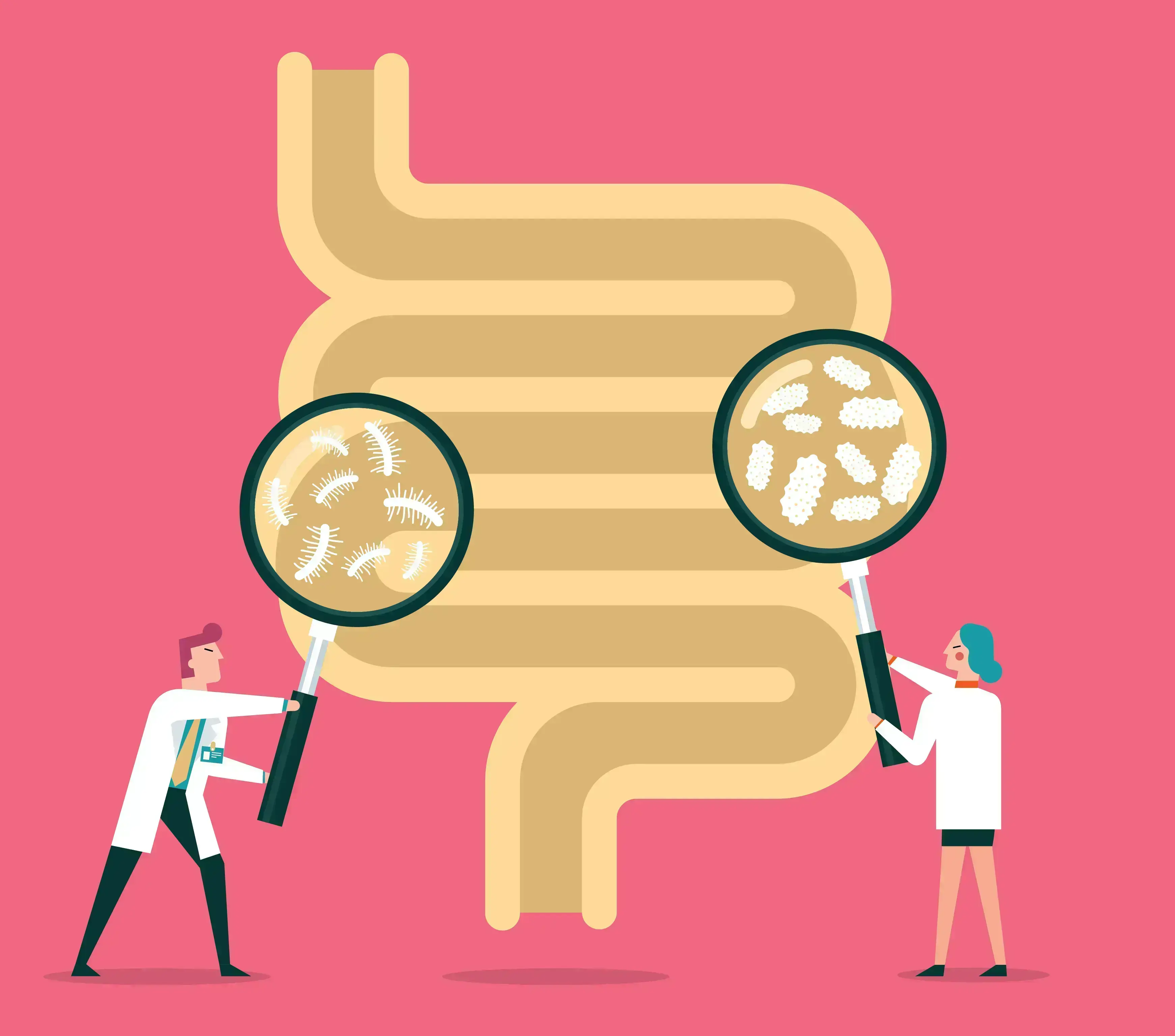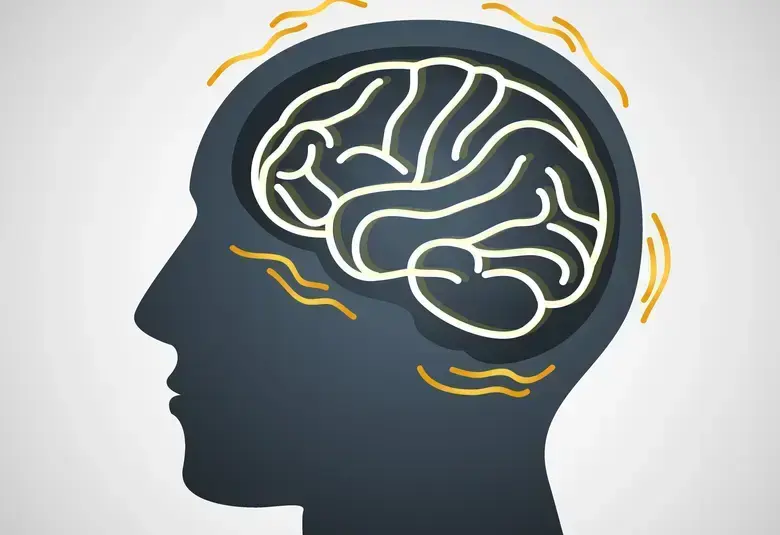Altering the intestinal flora can influence host immunity, neuro-inflammation, and the deposition of β-amyloid in mouse models of Alzheimer’s disease. Growing evidence supports the importance of the gut-brain axis, a concept that may bring a paradigm shift in biology, Sangram Sisodia (University of Chicago, USA) suggested at AAIC2020.
알츠하이머병 마우스 모델에서 장내 세균총이 변하면 베타 아밀로이드(β-amyloid) 축적과 숙주 면역력, 신경염증에 영향을 줄 수 있습니다. 2020년 알츠하이머협회 국제 컨퍼런스(AAIC 2020)에서 샌그램 시소디아(Sangram Sisodia, 미국 시카고대학교) 교수는 생물학 패러다임의 변화를 일으킬 수도 있는 개념인 장뇌축(gut-brain axis)의 중요성을 뒷받침하는 증거가 늘고 있다고 말했습니다.
The idea that altering the intestinal microbiome might modulate neuroinflammation and so amyloid-beta (Aβ) deposition came in part from the work of Marco Prinz and colleagues suggesting that the microbiota control the maturation and function of microglia in the CNS,1 Professor Sisodia told the AAIC virtual meeting.
시소디아 교수는 AAIC 화상 회의에서 장내 마이크로바이옴의 변화가 신경염증과 아밀로이드 베타 축적물을 조절할 수 있다는 주장은 미생물총이 CNS 내 소교세포(microglia)의 성숙과 기능을 제어한다는1 마르코 프린츠(Marco Prinz)와 동료 연구진의 작업에서 일부 비롯한 것이라고 말했습니다.
Following this lead, his group treated male APPswe/PS1DE9 mice through their lifespan with a cocktail of high-dose antibiotics.2 Cecal and fecal contents showed that the abundance of bacteria was unchanged – but the composition was radically different. And, in this transgenic mouse model of Alzheimer’s disease (AD), plaque burden was reduced by around 60%.
이를 토대로 연구팀은 수컷 APPswe/PS1DE9마우스에게 고용량 항생제 혼합물을 전체 수명에 걸쳐 주입하여 치료하였습니다.2 맹장 내용물과 배설물을 살펴본 결과 박테리아의 양적 변화는 없었지만 그 구성은 매우 달랐습니다. 또한 이 유전자변형 알츠하이머병(AD) 마우스 모델에서 플라크 부하가 약 60% 감소하였습니다.
Altering intestinal flora reduced amyloid by around 60% and changed microglial phenotype
장내 세균총의 변화는 아밀로이드를 약 60% 감소시켰고 소교세포 표현형을 변화시켰습니다
The morphology of the microglia that surrounded plaque was also radically altered, as was their transcriptome. Microglia in the cortex of antibiotic-treated male mice returned to their homeostatic signature. TGF-β signaling, in particular, was restored.
플라크를 둘러싸고 있는 소교세포의 형태와 전사체 또한 근본적으로 바뀌었습니다. 항생체 치료를 받은 수컷 쥐의 피질 내 소교세포는 항상성 특성(homeostatic signature)으로 돌아왔습니다. 특히 형질전환증식인자(TGF-β) 신호 전달 기능이 회복되었습니다.
Role of the microbiome truly causal
마이크로바이옴의 진정한 인과관계적 역할
Subsequent work in a different mouse model found that using antibiotics to alter the microbiome also reduced amyloid pathology and changed microglial morphology but – importantly – only in male animals.3 Transplanting fecal microbiota from age-matched male mice into antibiotic-treated animals partially reversed these changes, suggesting the effects of an altered microbiome are truly causal.
이후 이어진 다른 쥐 모델 연구에서 마이크로바이옴을 변화시키기 위해 항생제를 사용하자 아밀로이드의 병리학적 요인이 감소하고 소교세포의 형태도 변화하였으나 이는 수컷에서만 나타나는 현상이었습니다. 3 연령을 매치한 수컷 마우스의 분변 내 미생물총을 항생제 치료한 동물에게 이식하는 작업은 이러한 변화를 부분적으로 역전시켰는데, 이는 곧 변형된 마이크로바이옴의 영향이 진정으로 인과관계적이라는 것을 보여줍니다.
The sex-specific modulation of innate immunity may relate to the influence of the maternal microbiome on microglial differentiation extending back into early postnatal development and possibly even the prenatal environment.4
선천성 면역의 성별 조절은 출생 후 초기 발달과 출생 전 환경으로까지 거슬러 올라갈 수 있는 모계 마이크로바이옴의 소교세포 분화에 대한 영향과 관련이 있을 수 있습니다.4
Experiments have been repeated using an acute, early-post natal course of antibiotics. Findings were essentially the same. Modulating the microbiome produced long-term change in the gut flora accompanied by reduced brain Aβ deposition, changes in populations of T cells and an altered inflammatory picture revealed in the CSF.
출생 후 초기 단계의 급성 항생제 사용을 통한 실험이 반복 진행되었습니다. 연구 결과는 본질적으로 동일했습니다. 마이크로바이옴을 조절함으로써 뇌 Aβ 축적물 감소와 함께 장내 세균총의 장기적인 변화가 일어나고 T 세포군의 변화, 뇌척수액(CSF)에서 드러난 염증 사진의 변화를 확인할 수 있었습니다.
The gut microbiome regulates brain function by influencing host immunity
장내 마이크로바이옴은 숙주 면역에 영향을 미치면서 뇌 기능을 조절합니다
A paradigm shift?
패러다임의 변화?
And it is not just in AD that such effects may prove clinically relevant. Lloyd Kasper and colleagues from Dartmouth College have shown that a Bacteroides fragilis polysaccharide can protect the brain in a mouse model of MS.5 And there is evidence this year that antibiotics in mice can alter the gut microbiome in a way that protects against the consequences of ischemic stroke.6
이러한 효과의 임상적 연관성이 알츠하이머병에서만 입증 가능한 것은 아닙니다. 다트머스대학교 로이드 카스퍼(Lloyd Kasper) 교수와 연구진은 박테로이드 프라질리스(Bacteroides fragilis) 다당류가 다발성 경화증(MS) 마우스 모델의 뇌를 보호할 수 있다고 밝혔습니다.5 또한 올해 연구에 따르면 마우스에 투여한 항생제가 장내 마이크로바이옴을 변화시켜 허혈성 뇌졸중으로 인한 부정적인 결과들을 막을 수 있다는 증거도 있습니다.6
Our new understanding of the importance of the microbiome to the brain may be one of Thomas Kuhn’s revolutions in science whereby one worldview is replaced by another,7 Professor Sisodia suggested.
시소디아 교수는 마이크로바이옴이 뇌에 미치는 중요성에 대한 새로운 이해는 하나의 세계관이 다른 세계관으로 교체되는 토마스 쿤의 과학 혁명 중 하나가 될 수 있다7고 제안했습니다.
Our correspondent’s highlights from the symposium are meant as a fair representation of the scientific content presented. The views and opinions expressed on this page do not necessarily reflect those of Lundbeck.




